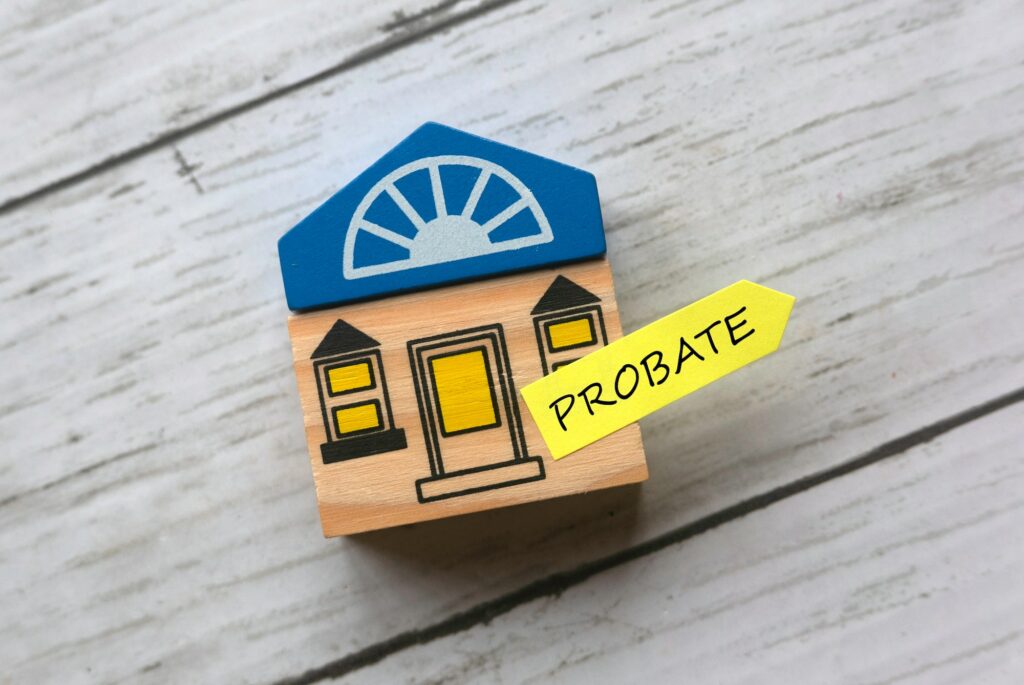It’s important to ensure our loved ones are taken care of and protected when we pass. A strong estate plan is the best way to be prepared, no matter your financial status or age. Maybe you crafted a will years ago and shoved it at the back of a drawer, rendering it a bit outdated. Perhaps you’ve never even thought about needing a will and trust because it’s so stressful to consider. Whatever your experience (or lack thereof), it’s something you need to take care of so you can be secure in your future.
A will or trust contains legally enforceable instructions to provide for those you care about and dispose of your property as you see fit. Without a will, assets are distributed according to the state’s intestacy laws, despite what the decedent or the decedent’s family may have wished or expected.
It’s common to be a bit confused about what estate planning entails, so let’s take a deep dive into wills and trusts to help you better understand how to protect your assets.
What is a Trust?
Trusts are crucial in the estate planning process and offer a variety of ways for your plans to be carried out when you pass. For obvious reasons, the more you have, the more complex the trust will be. A trust is established in order to protect the assets of the trustor (that’s you!); ensuring that assets are appropriately distributed in accordance with your wishes. Additionally, it reduces paperwork and can assist in avoiding or reducing inheritance and estate taxes.
A trustee will be in place to be in charge of the trust. They are only in charge of the trust, and have duties such as handling taxes, investments, accounting and more. Trustees are not allowed to act outside the confines of the directions of the trust.
What is a Will?
A will is a legal document stating your intentions for your assets, children and wealth following your death. Anyone over the age of 18 would benefit from a will. Specifically, anyone with savings, property, dependents or investments should have a will in place just in case they pass away unexpectedly. Without a will, a decedent’s assets are distributed in accordance with the state’s laws, regardless of what expectations were. Traditionally, if you pass without a will, your assets will be distributed to your spouse, parents or children.
Details that a will should contain are the designation of who will care for any minor children/dependents in the event that you are no longer able to, the beneficiaries of assets including property and wealth, an executor to handle the estate, as well as signatures from yourself and witnesses.
Contact an Experienced Will and Trust Attorney
It cannot be said enough that a will and trust is important, no matter how young and healthy you may be, or what kind of wealth you may have. You want to be sure the process is done correctly in order to be certain that all of your wishes are met when you pass. Get in touch with Severin Law Firm today to begin the process of creating your ideal will and trust.








